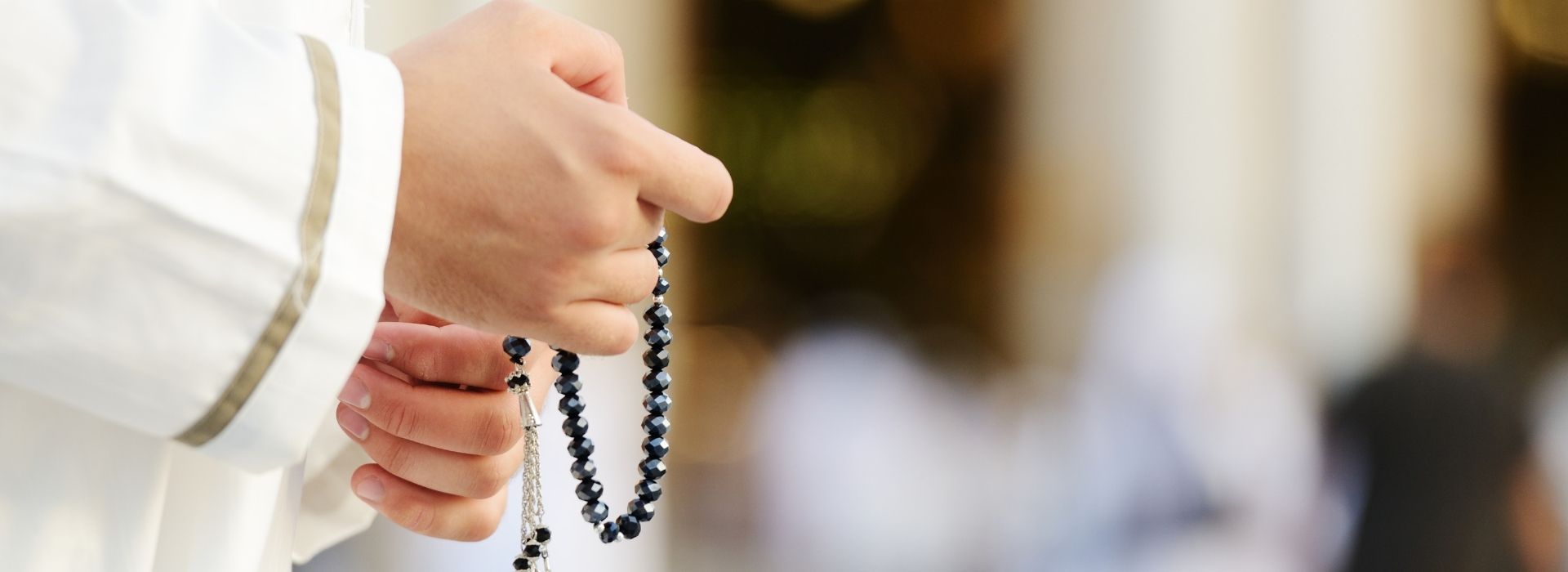However, besides the fasting, prayers and iftar meals, Muslims around the world also tend to celebrate during this time
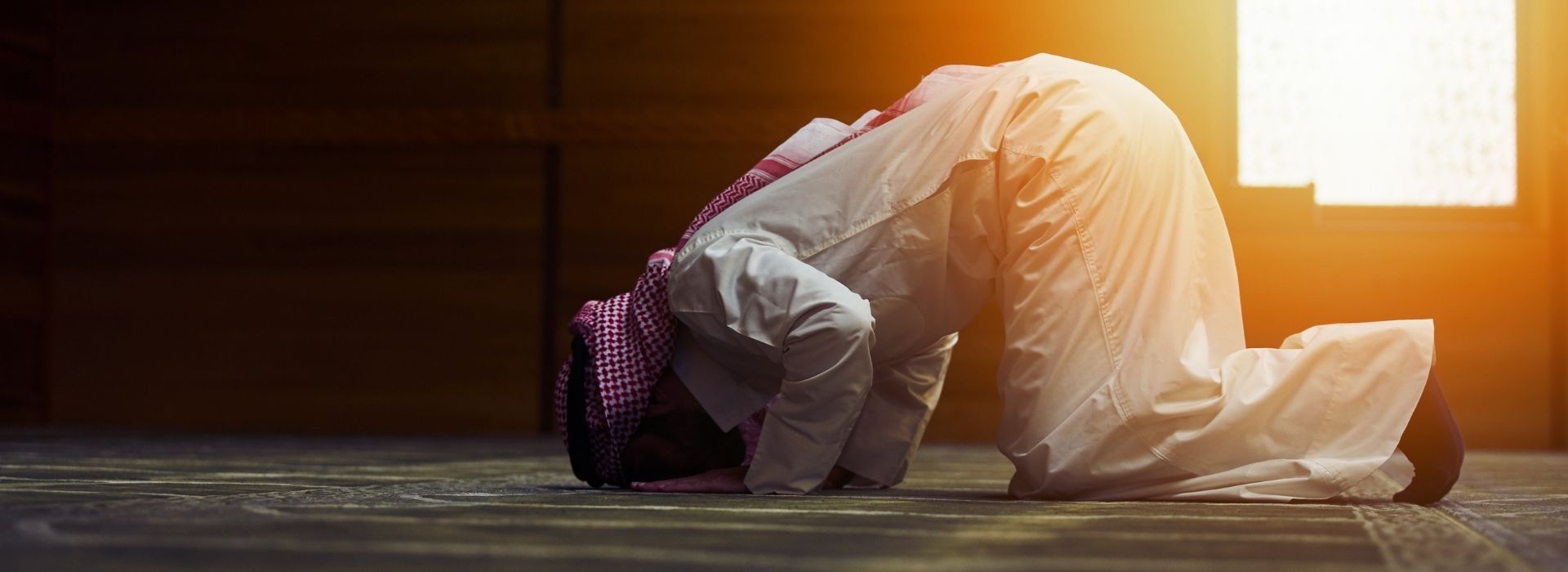
There's a good chance you're aware of the holy month of Ramadan and what it entails. However, besides the fasting, prayers, and iftar meals, Muslims around the world also tend to celebrate during this time. We take a look at some unique Ramadan traditions around the world.
United Arab Emirates
Let's start with the home of Musafir.com: UAE. About two weeks before Ramadan, Emiratis celebrate Haq Laila - a form of trick-or-treating - wherein children go around the neighborhood collecting sweets and nuts in tote bags called Kharyta.
Kuwait
Like the UAE, in Kuwait, a doorbell ringing two weeks into the holy month summons the beginning of Gerakan, a three-day celebration that sees children knocking on the doors of neighbors’ homes and singing in exchange for sweets and chocolate.
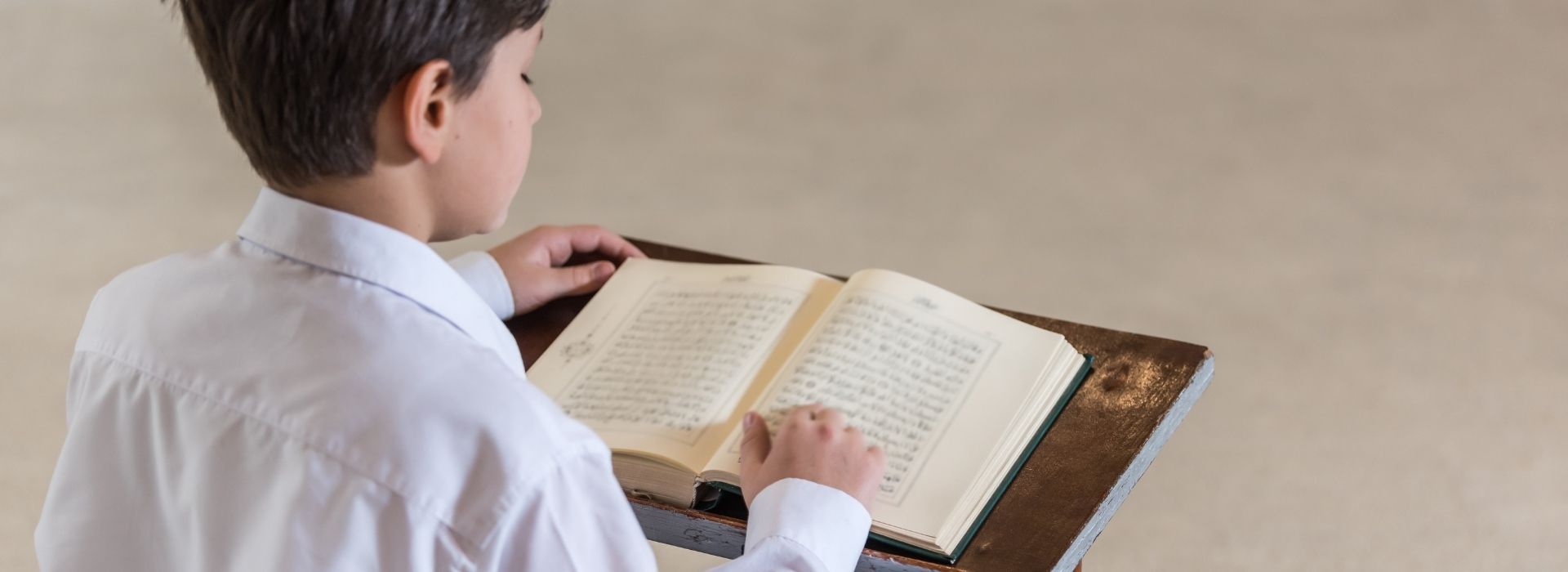
Indonesia
In Java, Indonesia, Muslims partake in a purifying ritual - observed before Ramadan - called Padusan wherein they plunge themselves into springs. The bathing ritual is said to purify the body and soul before embarking on fasting. Legend has it that previously it was local elders and religious leaders who picked and assign sacred springs for Padusan. Today, many just go to nearby lakes and swimming pools.
Maldives
In the archipelago known as the Maldives, Ramadan is locally called Roadha Mas. Here, the post-iftar celebration stands out. After iftar, poets are asked to recite Raivaru; Ramadan-related poetry.
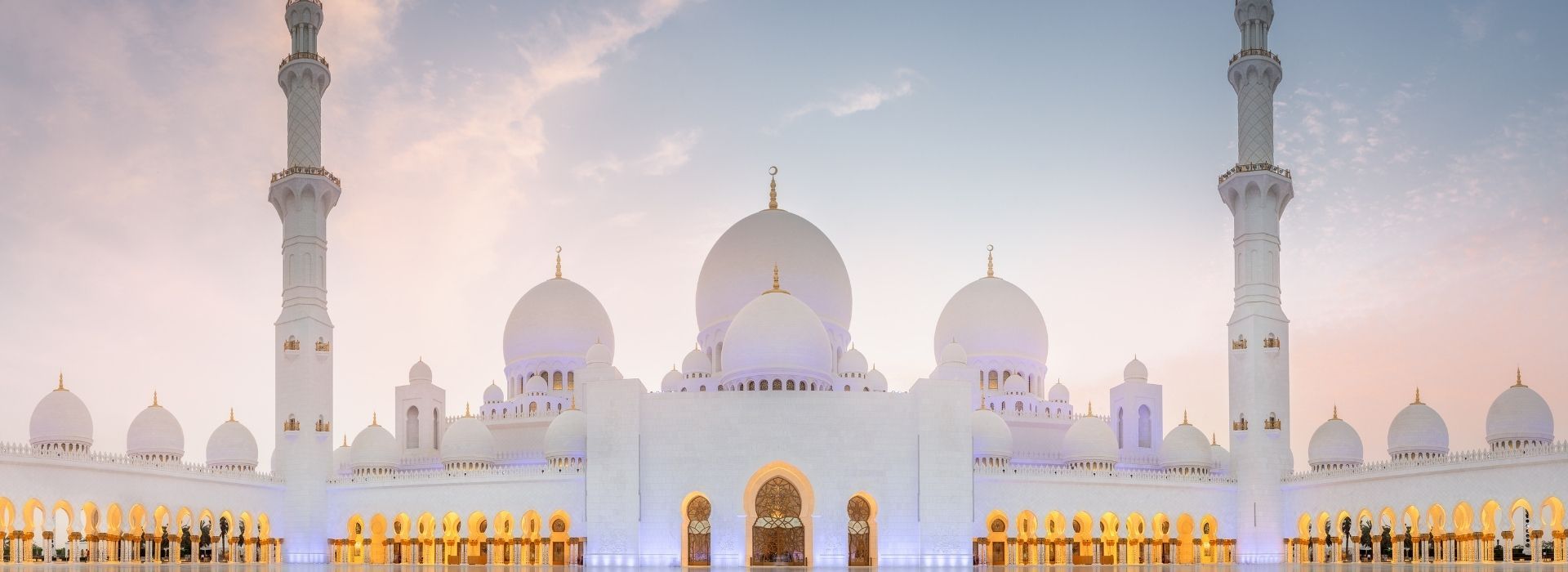
Lebanon
In Lebanon, cannons are fired daily during the month of Ramadan to signal the end of the day’s fast. This tradition, known as Midfa Al Iftar, is said to have begun in Egypt over 200 years ago when the country was governed by Ottoman ruler Khosh Qadam. Although we've singled out Lebanon, this tradition is observed by many countries across the Middle East.
Albania
For centuries, the members of the Roma Muslim community, which dates back to the Ottoman empire, have been announcing the start and end of fasting with traditional songs. Every day for the month of Ramadan, these people will march up and down the streets playing a lodra, a homemade double-ended cylinder drum covered in sheep or goatskin. Muslim families will often invite them inside their homes to play traditional ballads to celebrate the start of iftar.
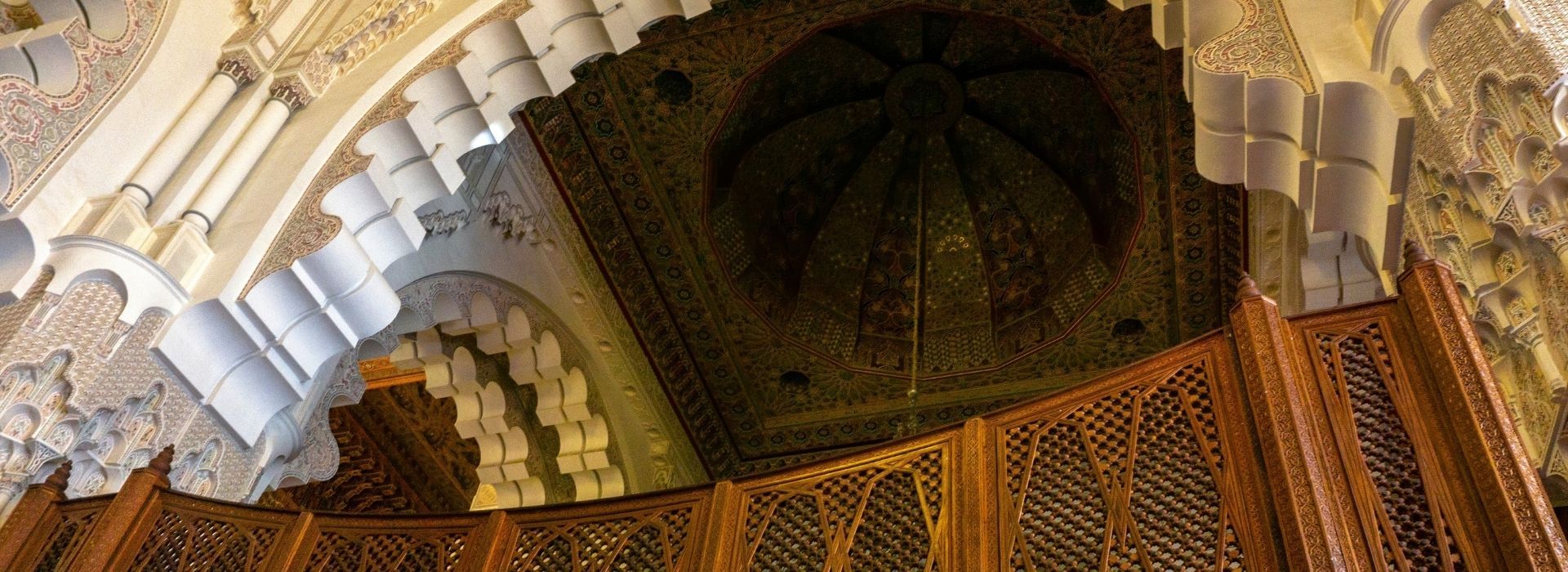
Morocco
During Ramadan, a town crier - known as nafar - roams the neighborhoods of Morocco in the traditional attire of a gondola, slippers, and a hat. Elected by the townspeople, the nafar walks down the streets blowing a horn to wake people up for suhoor.
Turkey
Similar to Morocco's nafar tradition, in Turkey, more than 2000 drummers don conventional Ottoman costumes and go around the streets of Turkey with their davul with the intention of waking up people in time for suhoor.
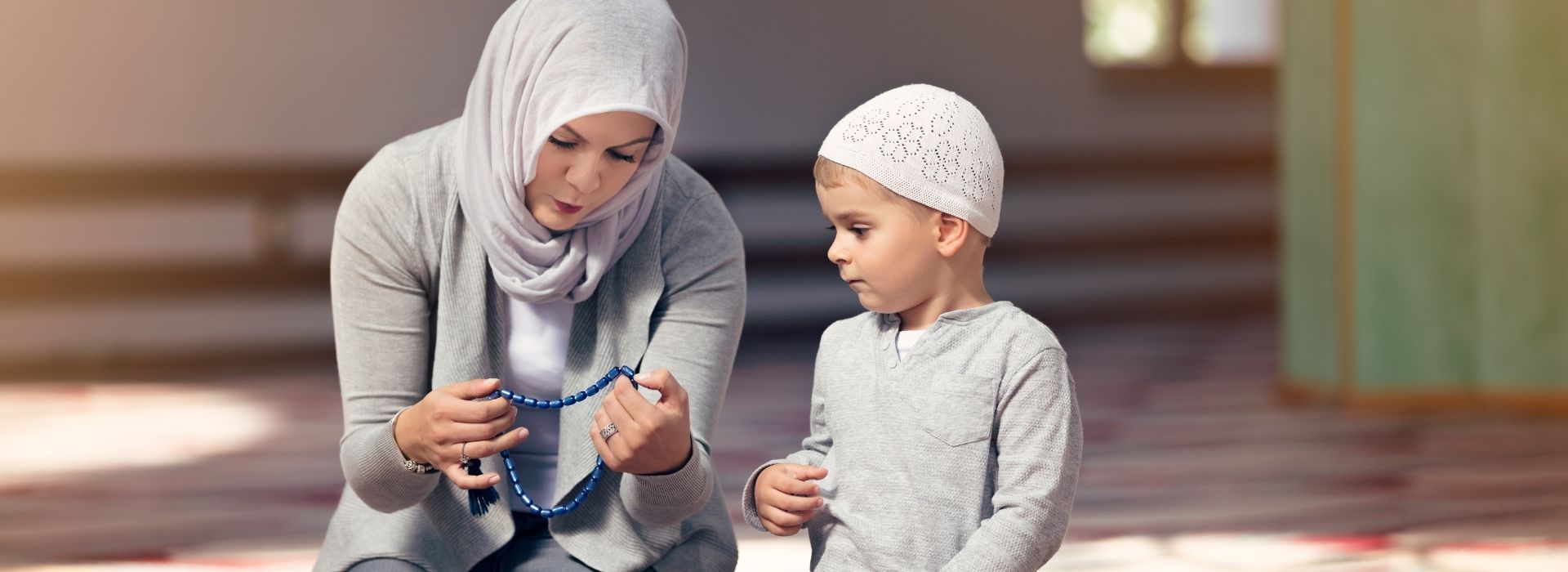
India
In line with Morocco and Turkey, during Ramadan, the seheriwalas of Delhi, India, walk the streets of the city in the wee hours of the morning, chanting out the name of Allah and the Prophet, to serve as a wake-up call to Muslims for suhoor. The centuries-old practice is still carried out in parts of Old Delhi, particularly in those neighborhoods with a higher Muslim population.
Egypt
In Egypt, Muslims welcome Ramadan with colorful fanous – intricate lanterns that symbolize unity and joy throughout the holy month. Although the tradition has more to do with culture than religion, it has come to be strongly associated with the holy month of Ramadan, taking on a spiritual significance.
